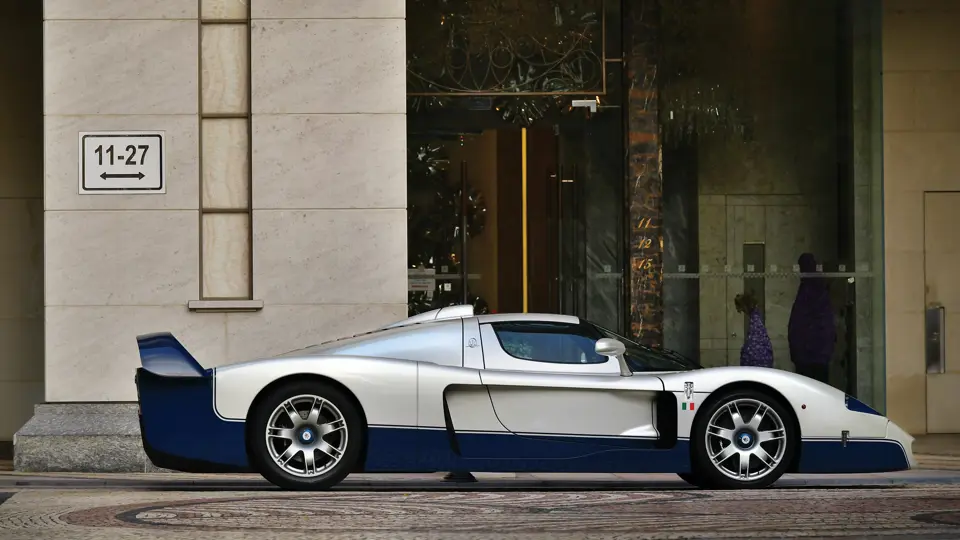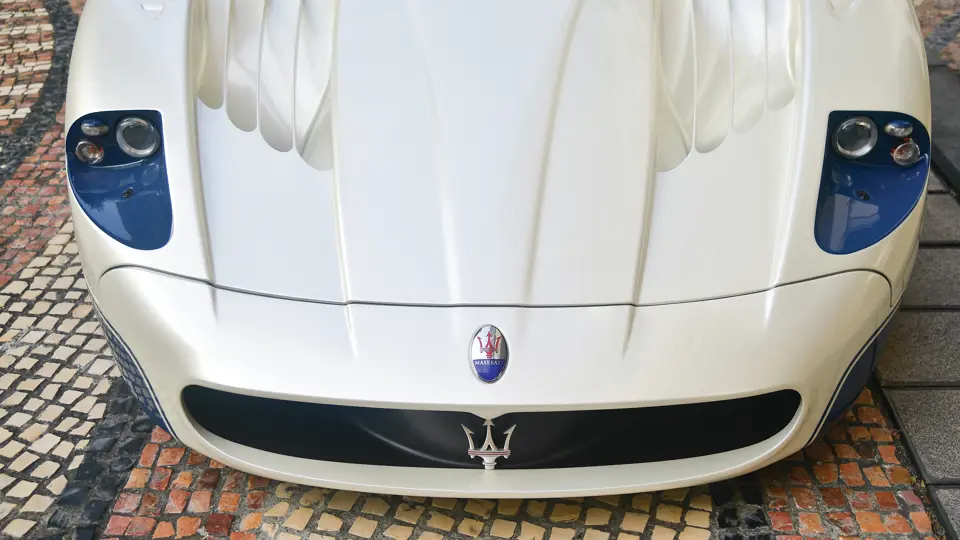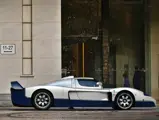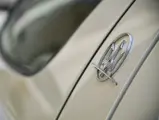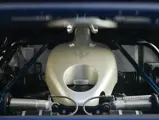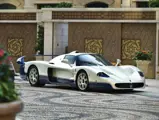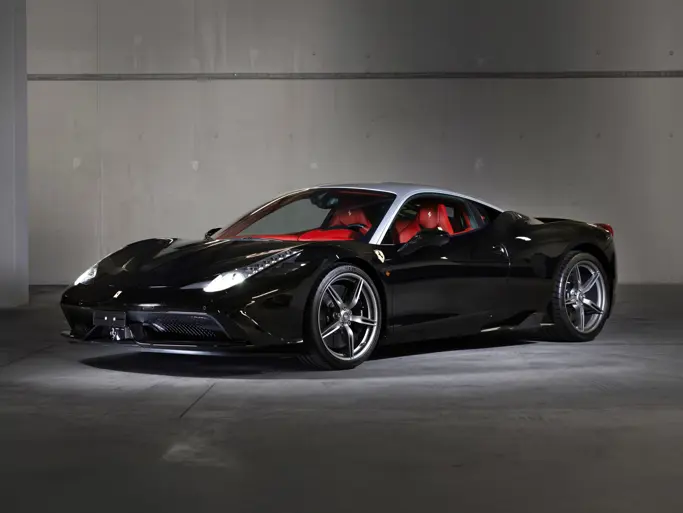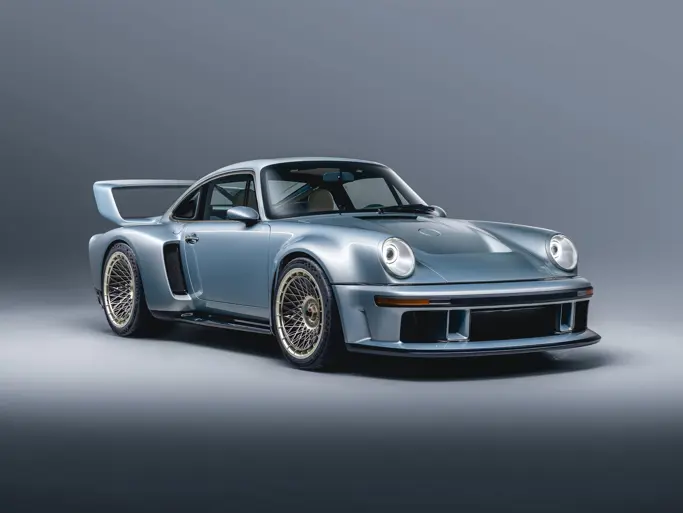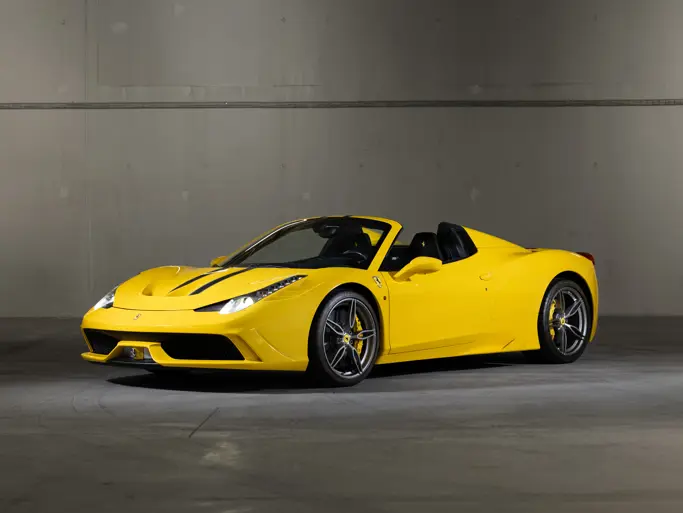Please note the temporary import symbol incorrectly references the EU. It should reference the UAE.
Finally seeing financial stability after decades of lacklustre sales, Maserati was performing well by the mid-2000s thanks to the purchase of the marque by Fiat S.p.A. With the new spyder, coupe, and Quattroporte models all proving to be not only quality automobiles but sales successes, the time was right for Maserati to produce a new ‘halo’ car.
Naturally, they turned to their corporate siblings and neighbours at Ferrari and borrowed the platform of the groundbreaking Enzo, leaving Maserati’s engineers with the enviable task of improving upon one of the greatest supercars ever built. New coachwork was penned by Frank Stephenson, giving the car its own distinct personality and charisma. Defined by its colossal rear spoiler and removable hardtop, the MC12 created more downforce than the Enzo and offered a wholly different driving experience on the open road. Of course, the differences were more than just skin-deep. The MC12 boasts slightly different engine mapping and traditional dampers instead of the electric dampers of the Enzo, as well as gear-driven cams rather than the chain-driven cams on the Enzo.
Unlike the Enzo, the MC12 would not be confined to use on the road, and Maserati decided to take the car racing. The race-ready version of the MC12, the MC12 Corsa, was campaigned in the FIA’s GT and GT1 World Championship series, where it proved to be a formidable contender. Vitaphone Racing secured five consecutive team championships and a sixth of the first season of GT1 in 2010. Furthermore, Maserati won the Manufacturer’s Cup in 2005 and 2007 and six Drivers’ Championships—four in the FIA GT Championship from 2006 to 2009, one for the 2006 Italian GT Championship, and another in the newly formed FIA GT1 class in 2010.
This particular MC12 was originally delivered to its first and only owner in Hong Kong, where it has remained ever since. During its life, it has been very well kept and sparingly driven, presented today having driven less than 1,950 kilometres from new, making the car amongst the lowest-mileage examples in existence.
Undoubtedly Maserati’s most desirable car built thus far into the 21st century, it is truly a fascinating automobile. Maserati not only took the Enzo’s platform and improved upon it, but proved that the car could be competitive in motorsport on an international platform. With only fifty street-legal MC12s ever built, it is much rarer than the Enzo (as 400 Enzos were built), and thus it is an astute acquisition for any collection. Nearly fifteen years after production concluded, single-owner examples are becoming increasingly difficult to find; thus, this example should not be overlooked.

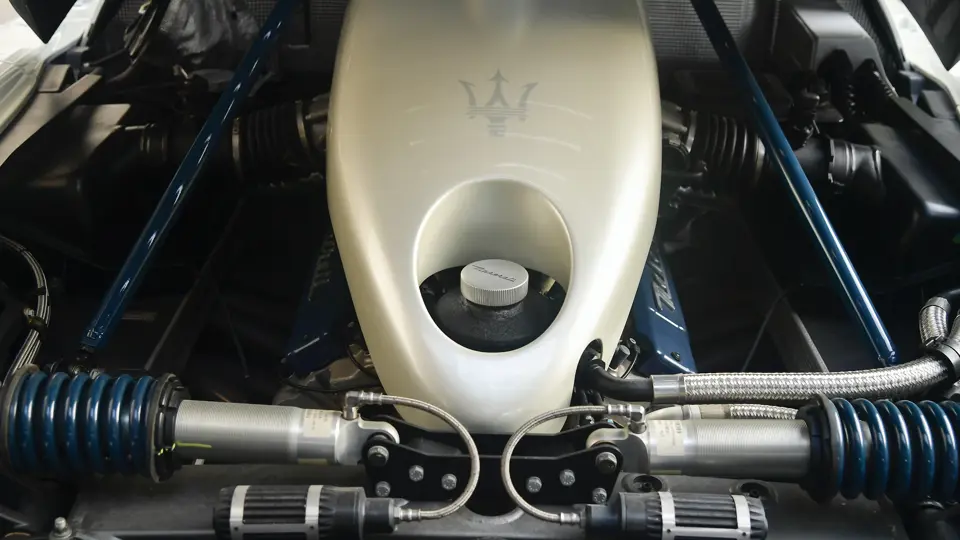
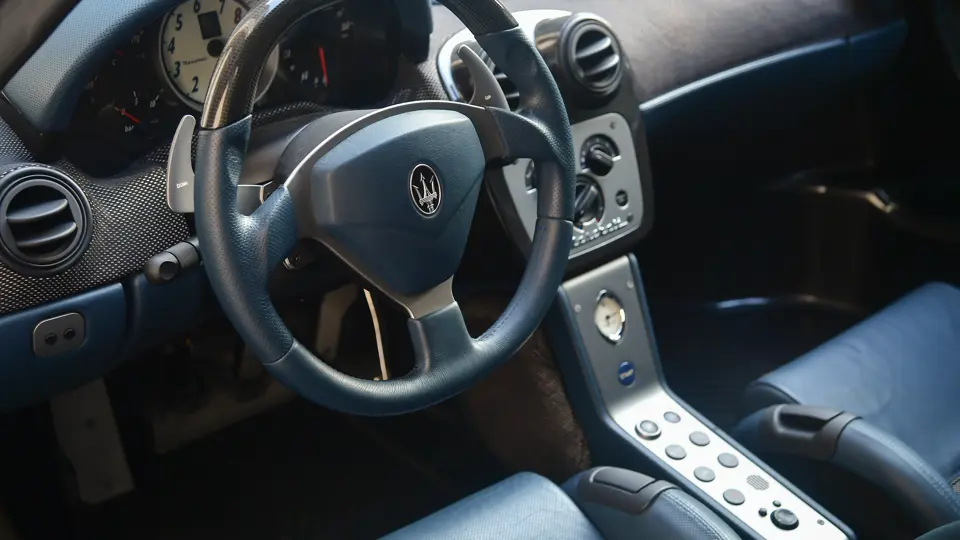

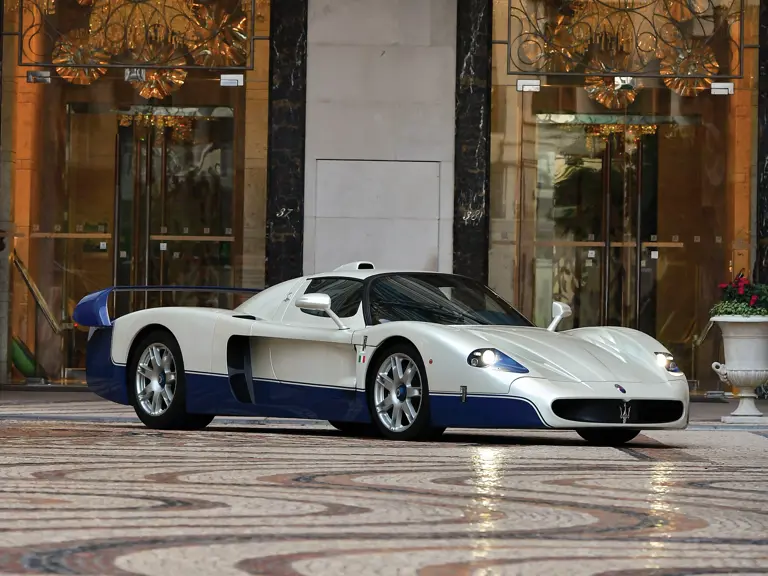
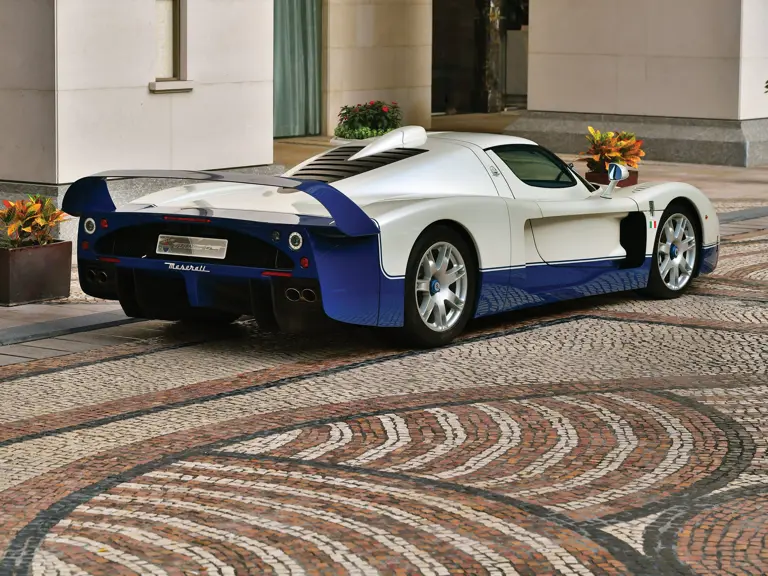
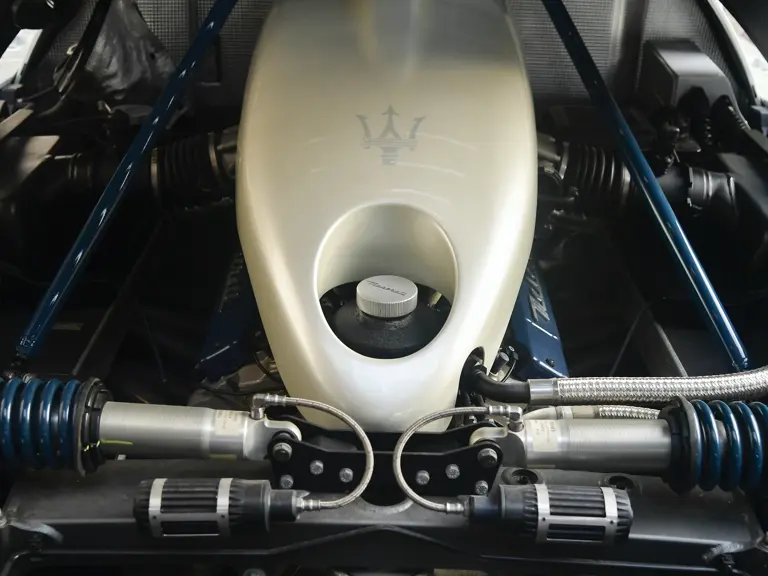
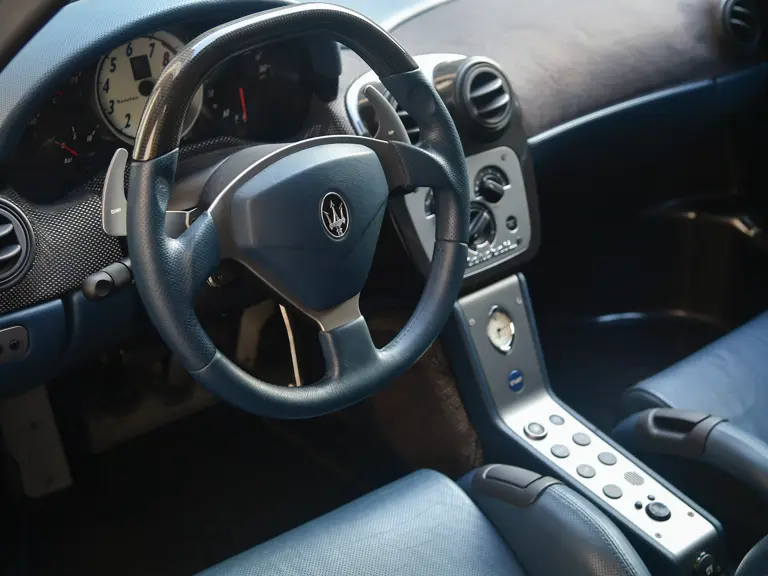
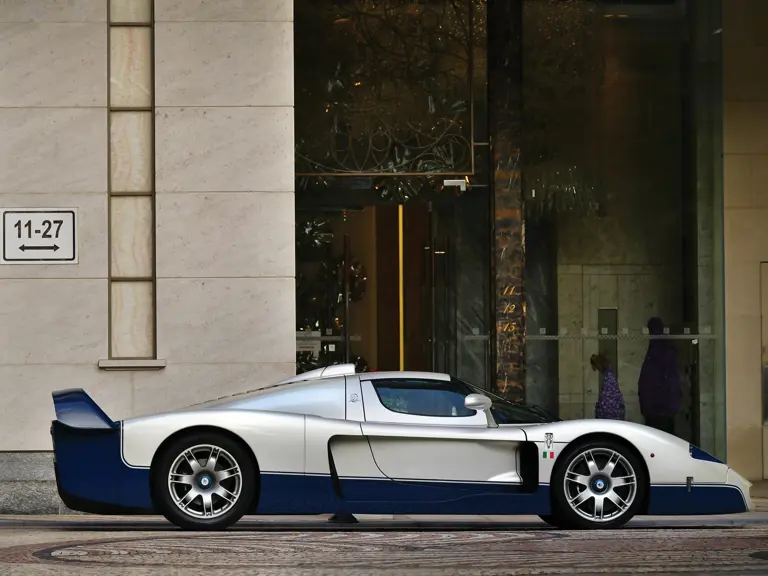
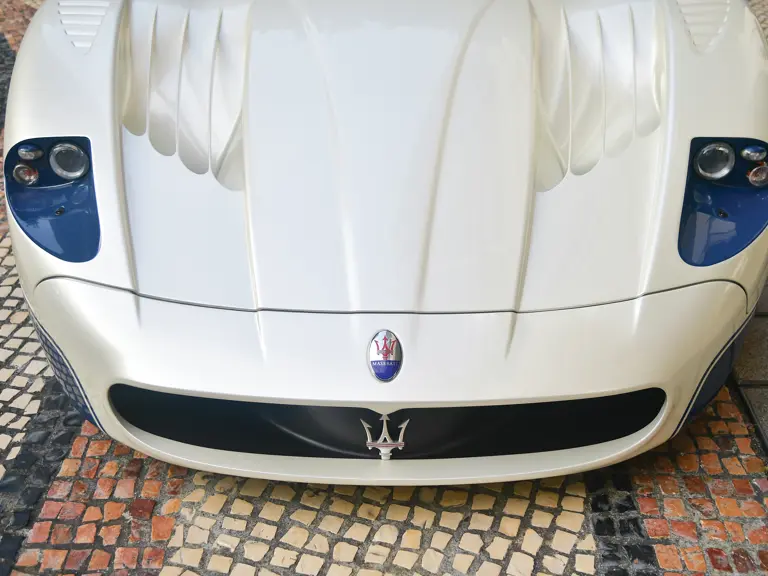
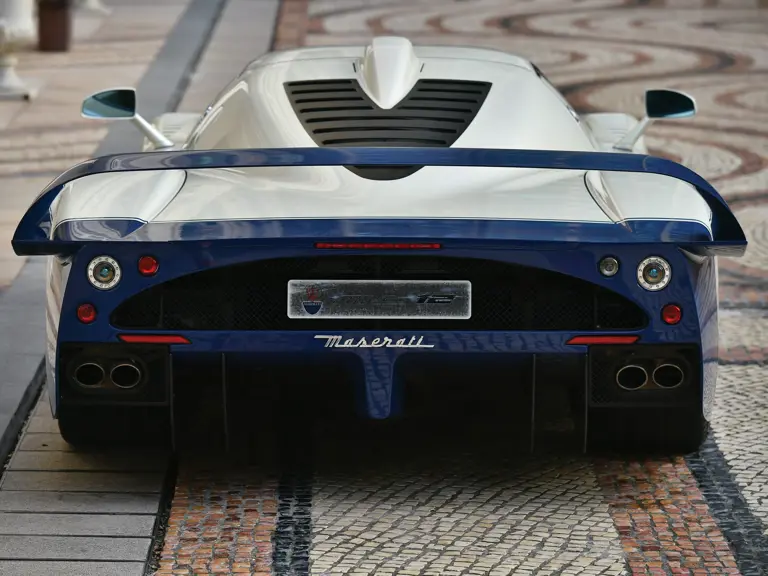
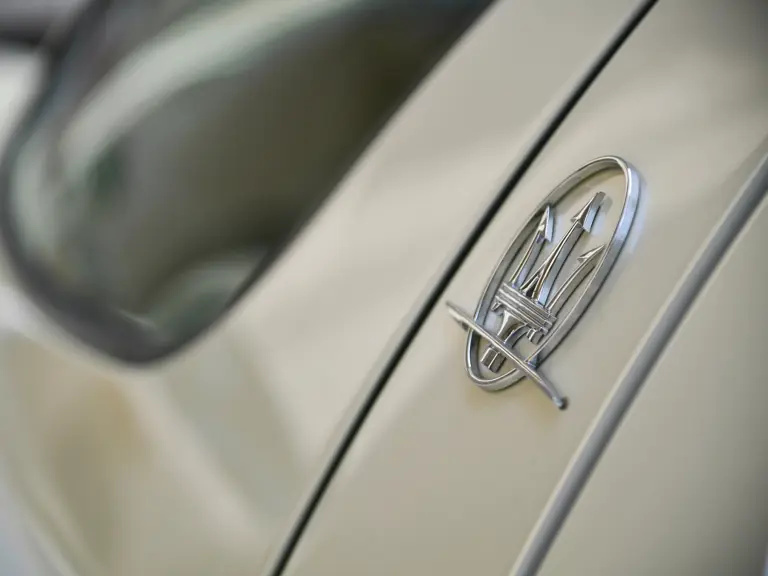
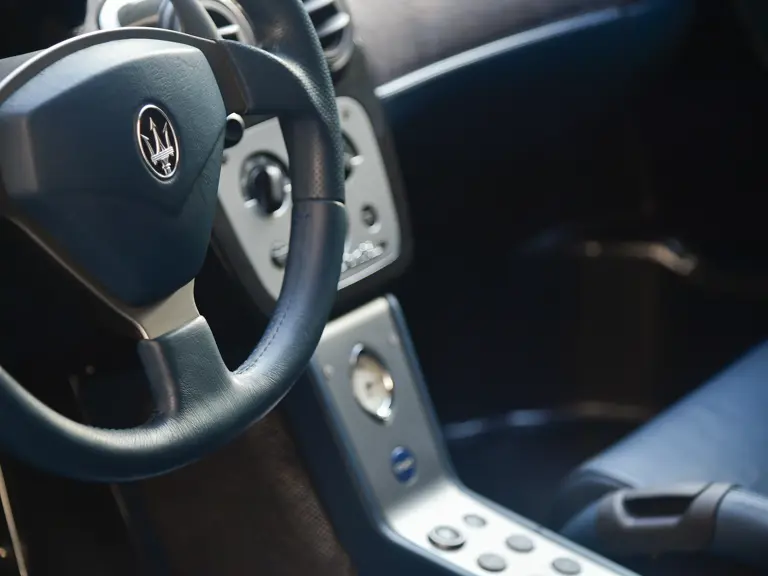
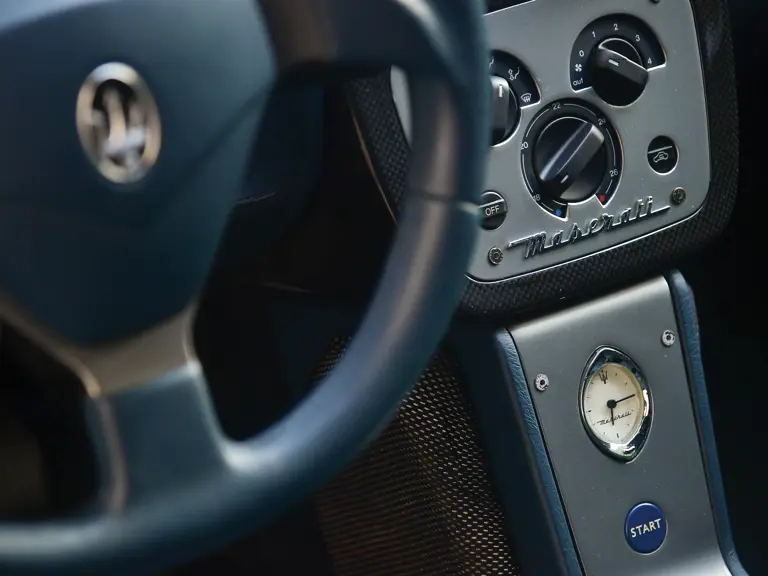
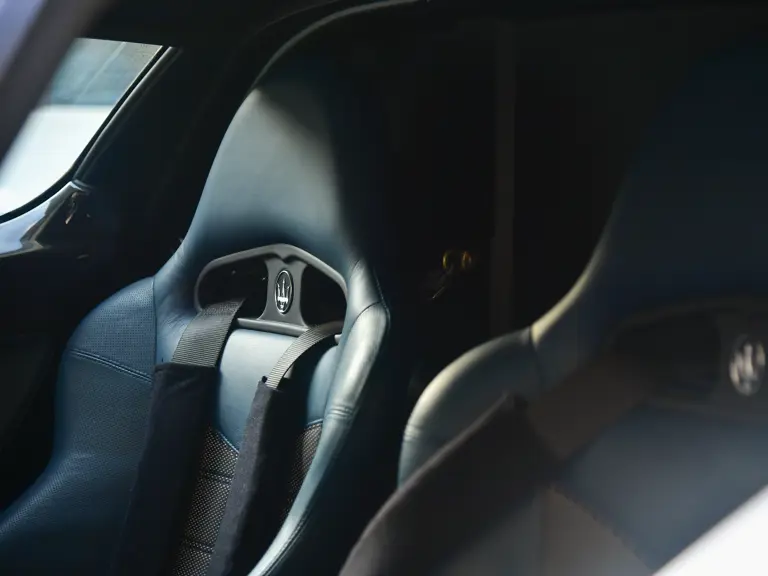

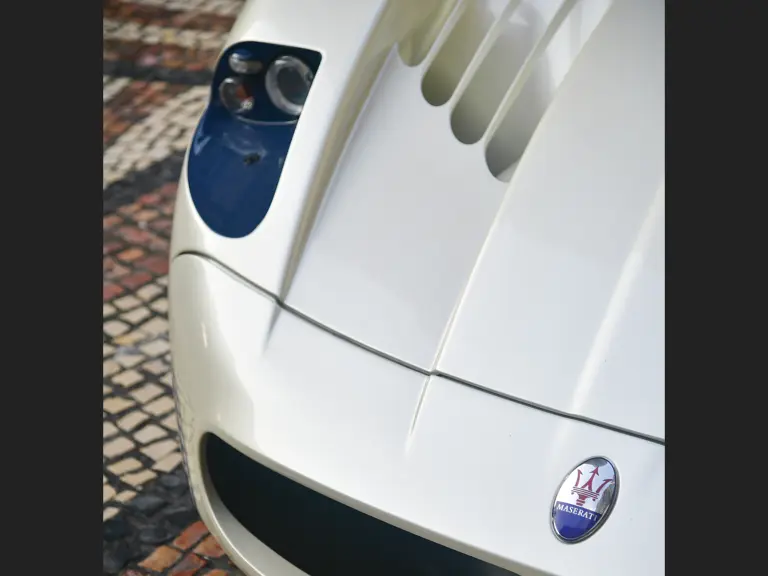
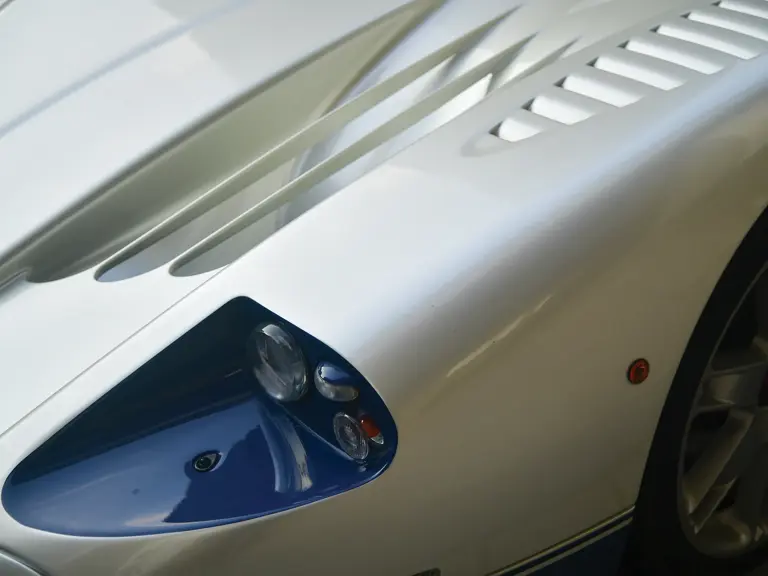
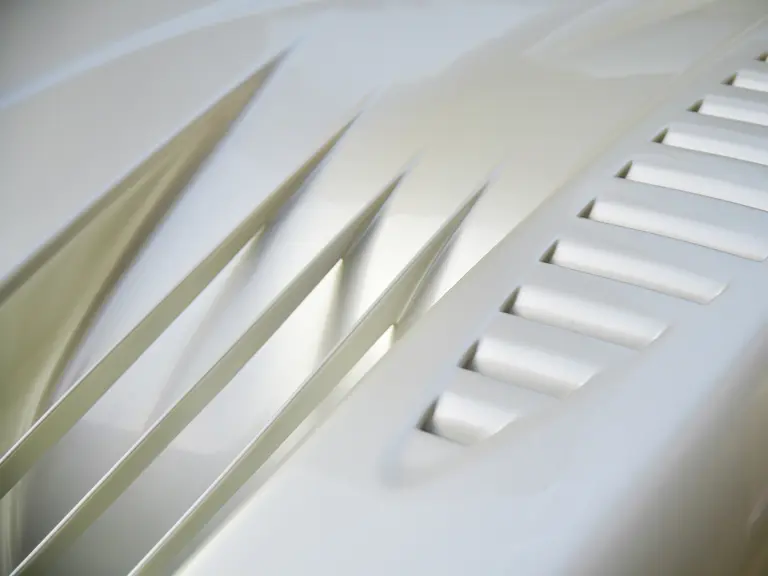
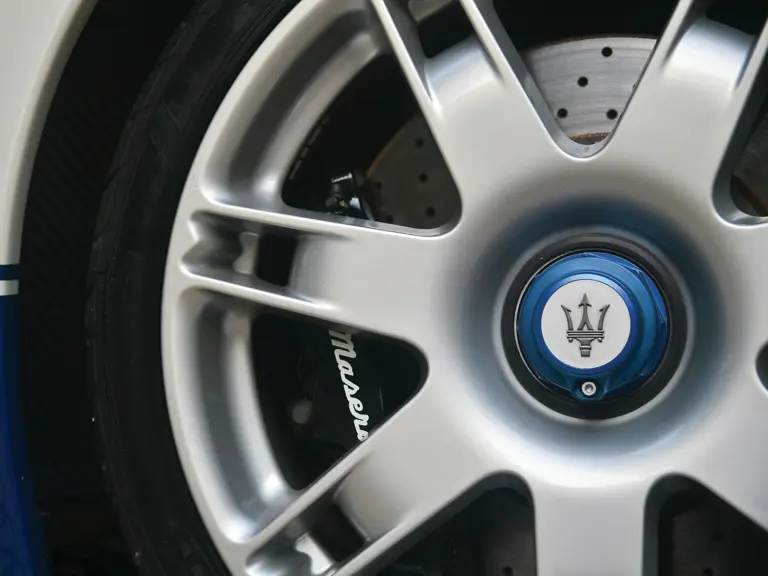
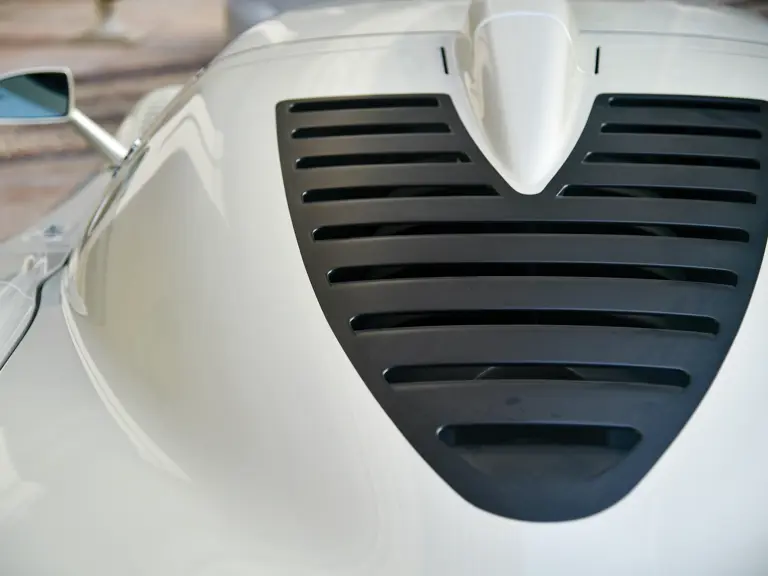
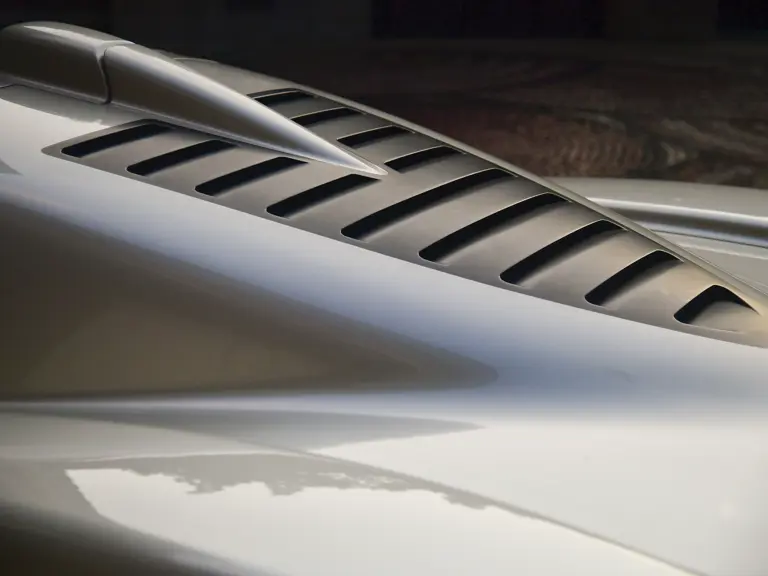
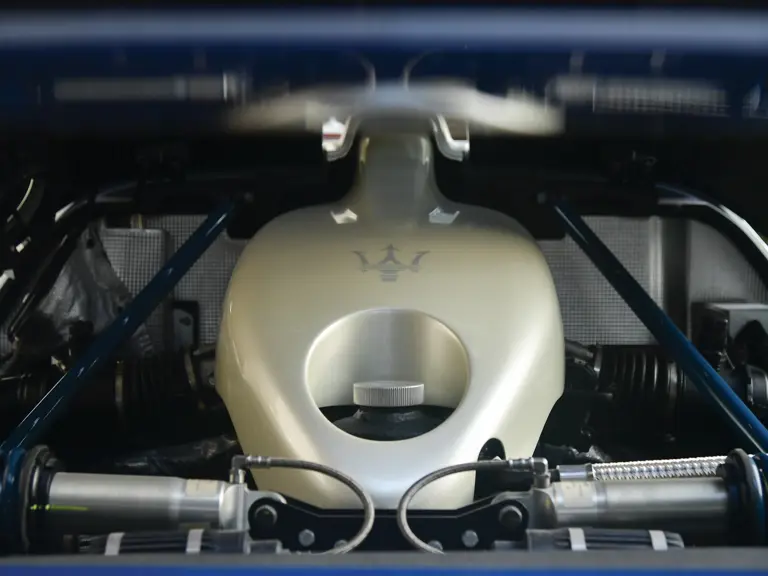
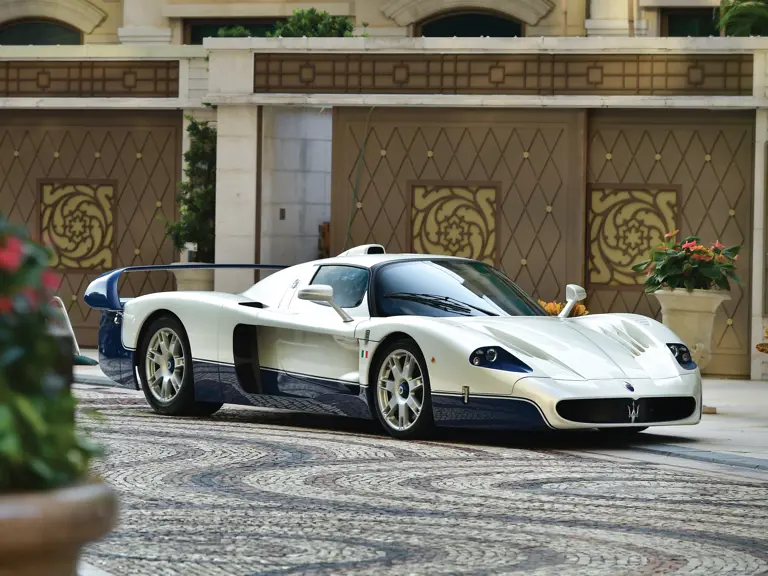
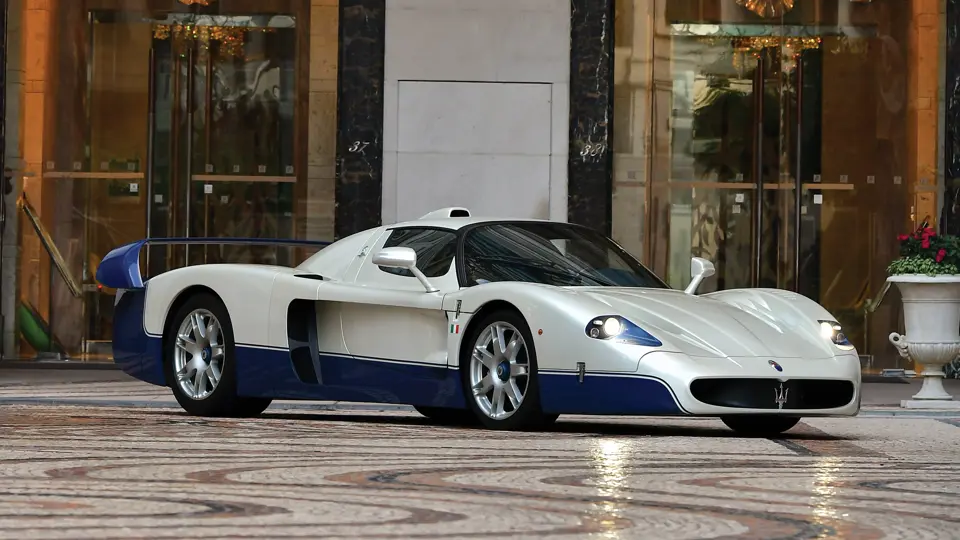
 | Abu Dhabi, United Arab Emirates
| Abu Dhabi, United Arab Emirates
